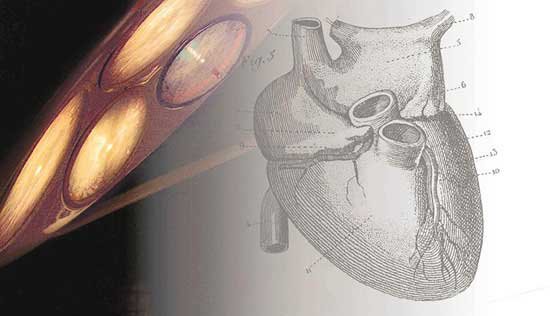Medical Breakthrough For Organ Transplants And Cardiovascular Diseases
ScienceDaily (Jan. 8, 2008) — When a blood vessel clogs up, a localized deficiency of oxygen results, causing the surrounding tissue to die. However, working with mice, VIB scientists connected to the Katholieke Universiteit Leuven have been able to prevent muscular tissue with severe hypoxia from dying. The muscles seem to 'adapt' to the lack of oxygen - a metabolic tour de force that animals also use when hibernating, but that has remained a mystery until now.
For the medical world, this discovery signifies an important step forward in limiting damage after a heart attack, for example, or for better preservation of organs awaiting transplants.
No life without oxygen - but oxygen can also be harmful
Oxygen is necessary to life. Humans and animals use oxygen to convert fats and sugars into the energy that keeps all life processes running and maintains the body's temperature. At the same time, oxygen can also be harmful when it is converted into toxic oxygen particles that cause serious damage to tissues and organs.
What about a little less?
Some animals can survive in places with little oxygen. Birds at high altitudes, for example, or animals that live underground or that can dive under water for a long time. Hibernating animals turn their bodily processes down low and live with a reduced amount of oxygen.
We can detect changes in the amount of oxygen with certain sensors. These oxygen meters are essential in adapting the body's metabolism during the changeover from an oxygen-rich to an oxygen-deficient environment.

No comments:
Post a Comment